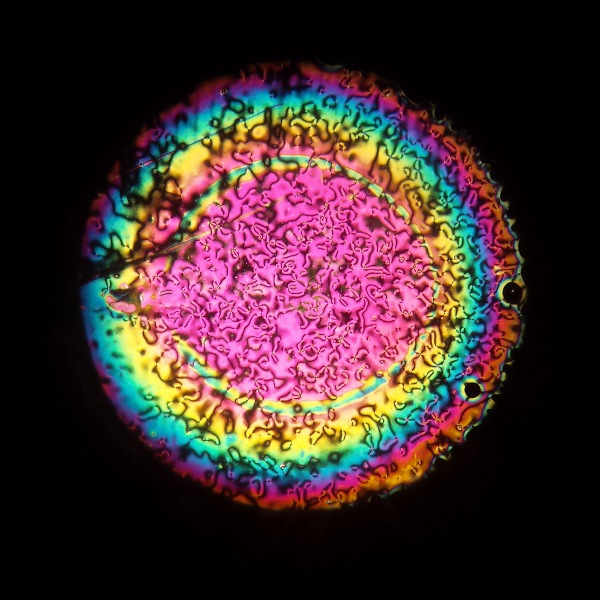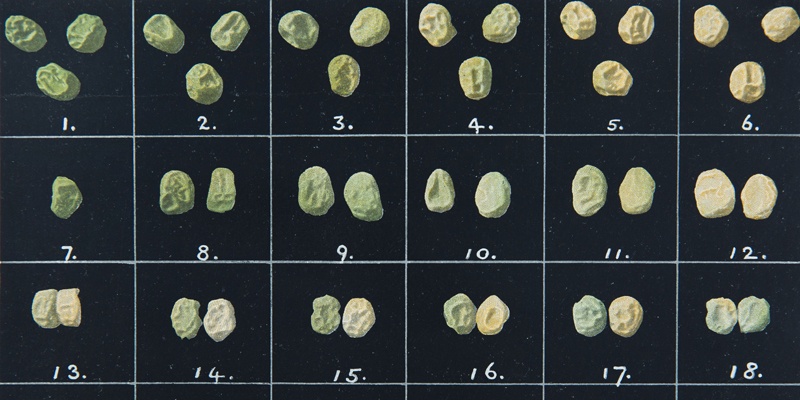Is the end in sight for reading glasses?

Learning the right lesson from Mendel’s peas

Biologists arguing about whether the results of experiments by the man hailed as the father of modern genetics are “too good to be true” have been distracted from a more important debate. In a new paper in Science about Gregor Mendel, the 19th century Austrian monk whose experiments on peas revealed the basic principles of heredity, University of Leeds science historian Professor Gregory Radick suggests the time has come for a different perspective on the controversy, which over the years has encompassed allegations of fraud and Cold War political pressure.
Leeds wins £4.2m funding to develop robot fixers of the future

The University of Leeds is leading a pioneering £4.2m national infrastructure research project with the vision of creating self-repairing cities. The project will develop small robots to identify problems with utility pipes, street lights and roads and fix them with minimal environmental impact and disruption to the public.The project is funded by the Engineering and Physical Sciences Research Council (EPSRC) and was announced on Friday 16 October by the Universities and Science Minister, Jo Johnson. The team also includes researchers from some of the UK’s other top universities including Birmingham, Southampton and UCL, with Nottingham, Sheffield, Oxford and Imperial as supporting partners.

